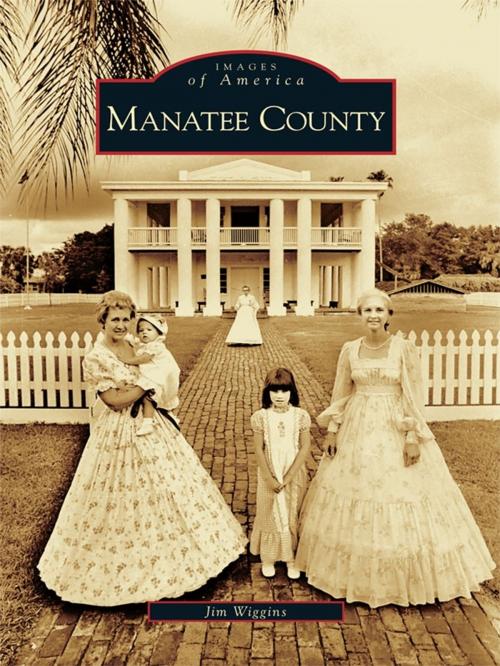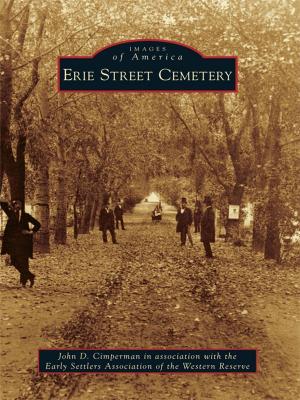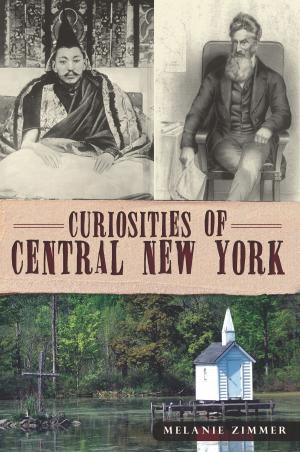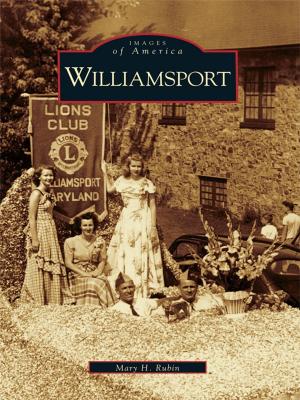| Author: | Jim Wiggins | ISBN: | 9781439635391 |
| Publisher: | Arcadia Publishing Inc. | Publication: | October 22, 2007 |
| Imprint: | Arcadia Publishing | Language: | English |
| Author: | Jim Wiggins |
| ISBN: | 9781439635391 |
| Publisher: | Arcadia Publishing Inc. |
| Publication: | October 22, 2007 |
| Imprint: | Arcadia Publishing |
| Language: | English |
The area known as Manatee County opened for settlement at the close of the Second Seminole War in 1841. This was due to Congress�s passage of the Armed Occupational Act of 1842, which allowed settlers to claim 160 acres of land at a cost of $1.25 an acre if they were able to bear arms and live on the land for five years. It wasn�t long before settlers appeared up and down the beautiful Manatee River, led by Josiah Gates and his family on the south side. Many of his friends had suffered losses with the collapse of the Union Bank in Tallahassee and were anxious to join him. The opulent shores on both sides of the river quickly enticed other settlers to make their claims, offering a cornucopia filled with some of Florida�s best resources for growth and prosperity. This volume provides a pictorial account of those lives, which were caught in the struggle to carve out a niche against all odds in a place that faced epidemics of yellow fever, malaria, typhoid, and a third uprising of the Seminole Indians. In 1861, Florida seceded from the Union, which was followed by the Civil War with a Union victory in 1865 that brought an end to slavery and plantation ownership.
The area known as Manatee County opened for settlement at the close of the Second Seminole War in 1841. This was due to Congress�s passage of the Armed Occupational Act of 1842, which allowed settlers to claim 160 acres of land at a cost of $1.25 an acre if they were able to bear arms and live on the land for five years. It wasn�t long before settlers appeared up and down the beautiful Manatee River, led by Josiah Gates and his family on the south side. Many of his friends had suffered losses with the collapse of the Union Bank in Tallahassee and were anxious to join him. The opulent shores on both sides of the river quickly enticed other settlers to make their claims, offering a cornucopia filled with some of Florida�s best resources for growth and prosperity. This volume provides a pictorial account of those lives, which were caught in the struggle to carve out a niche against all odds in a place that faced epidemics of yellow fever, malaria, typhoid, and a third uprising of the Seminole Indians. In 1861, Florida seceded from the Union, which was followed by the Civil War with a Union victory in 1865 that brought an end to slavery and plantation ownership.















